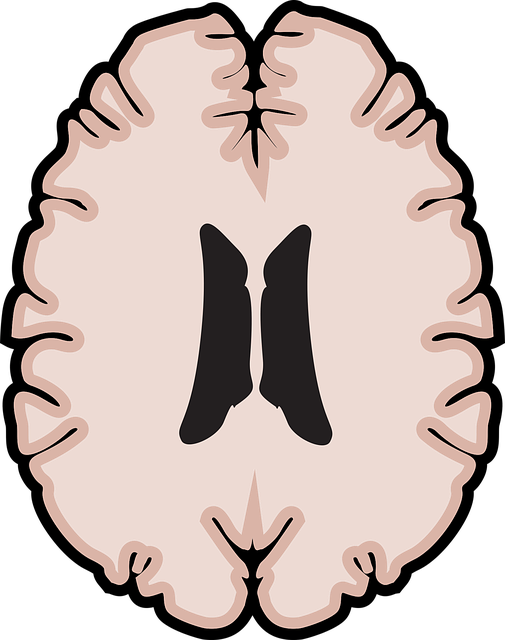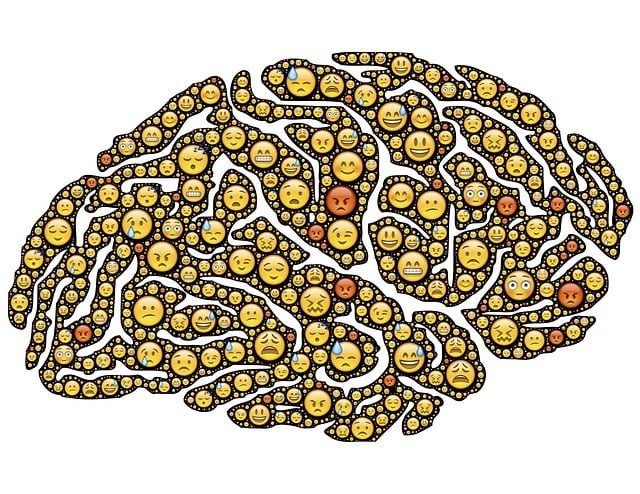Young adults with Autism Spectrum Disorder (ASD) face elevated risks of substance abuse due to social communication difficulties and co-occurring mental health issues like anxiety or depression. Early intervention through tailored therapies, including cognitive behavioral therapy (CBT) and social skills training, significantly reduces these risks by addressing social anxieties and improving coping strategies. Crisis intervention guidance and risk management planning specifically designed for ASD individuals prevent self-medication with substances. Effective strategies involve evidence-based CBT, stigma reduction, community support, and professional training to foster a supportive network, promoting positive mental health outcomes for this demographic.
“In addressing substance abuse among young adults with Autism Spectrum Disorder (ASD), understanding tailored risk reduction strategies is paramount. This article delves into comprehensive solutions, beginning with identifying unique challenges faced by this demographic. We explore early intervention techniques and the creation of supportive environments to prevent or mitigate risks. Evidence-based therapies are scrutinized for their effectiveness in treating underlying conditions contributing to substance abuse. Additionally, we emphasize building resilient coping mechanisms and fostering robust community support networks specifically designed for young adults with ASD.”
- Understanding Substance Abuse Risks in Young Adults with Autism Spectrum Disorder (ASD)
- Early Intervention and Supportive Environments
- Evidence-Based Therapies for Risk Mitigation
- Building Resilient Coping Mechanisms and Community Support
Understanding Substance Abuse Risks in Young Adults with Autism Spectrum Disorder (ASD)

Young adults with Autism Spectrum Disorder (ASD) face unique challenges when it comes to substance abuse risks. Understanding their specific needs and behaviors is crucial in this context. Many individuals on the autism spectrum struggle with social communication and interaction, which can lead to isolation and heightened anxiety or depression. These underlying mental health issues may contribute to the use of substances as a form of self-medication, highlighting the importance of early intervention and tailored support.
Therapy for Young Adults Autism Spectrum Disorder, particularly cognitive behavioral therapy (CBT) and social skills training, can play a pivotal role in risk reduction. Emotional healing processes in this population often involve addressing social anxieties, improving coping strategies, and fostering positive peer connections. Crisis intervention guidance tailored to ASD individuals equips them with tools to manage distress effectively without resorting to substance abuse. Additionally, risk management planning for mental health professionals ensures a comprehensive approach, considering the unique needs of these young adults in a specialized care setting.
Early Intervention and Supportive Environments

Early intervention plays a pivotal role in mitigating risks associated with substance abuse, especially among young adults on the autism spectrum. Identifying potential issues at an early stage allows for proactive measures and tailored support. Therapy focused on this demographic often incorporates strategies to enhance self-awareness exercises, enabling individuals to recognize triggers and manage emotions more effectively. By fostering supportive environments both at home and in educational settings, professionals can instill healthier coping mechanisms.
This approach is further bolstered by healthcare provider cultural competency training, ensuring that care is sensitive to the unique needs of this population. Depression prevention techniques, often integrated into comprehensive treatment plans, contribute to overall well-being. These interventions create a network of support, encouraging open dialogue and fostering environments that discourage substance abuse while promoting positive mental health outcomes.
Evidence-Based Therapies for Risk Mitigation

Evidence-based therapies play a pivotal role in mitigating risks associated with substance abuse, especially among young adults on the autism spectrum. These therapeutic approaches are designed to address the unique challenges faced by this demographic, focusing on both the specific symptoms of autism and underlying mental health concerns. One such evidence-based therapy is Cognitive Behavioral Therapy (CBT), which helps individuals identify and change negative thought patterns and behaviors related to substance use. CBT has shown promise in reducing risk factors for addiction, particularly when tailored to accommodate the sensory and communication preferences of autistic young adults.
Additionally, strategies like Mindfulness-Based Therapies and Social Skills Training have proven effective in managing co-occurring mental illnesses, which are prevalent among this population. Mental illness stigma reduction efforts also contribute to a supportive therapeutic environment, fostering confidence and encouraging open communication. Risk management planning for mental health professionals is crucial in ensuring these tailored interventions are implemented effectively, further minimizing the risks of substance abuse and promoting positive outcomes for young adults on the autism spectrum.
Building Resilient Coping Mechanisms and Community Support

Building resilient coping mechanisms is a crucial aspect of mitigating substance abuse risks, especially among young adults with Autism Spectrum Disorder (ASD). These individuals often face unique challenges in managing stress and regulating emotions due to their neurodiverse nature. Therapy plays a pivotal role here, offering specialized support to enhance emotional intelligence and develop healthy coping strategies. Through various therapeutic approaches tailored for ASD, such as cognitive-behavioral therapy (CBT) or applied behavior analysis (ABA), individuals can learn effective ways to cope with triggers and challenges without resorting to substance abuse.
Community support is another vital component in fostering resilience. Public awareness campaigns focused on neurodiversity and mental health play a significant part in reducing stigma, encouraging early intervention, and promoting understanding. These initiatives not only educate the public but also provide a supportive network for young adults with ASD, offering them a sense of belonging and access to stress reduction methods that cater to their specific needs. By combining therapy and community engagement, we can empower individuals to build resilience, navigate life’s challenges successfully, and avoid substance abuse as a coping mechanism.
In addressing the unique challenges faced by young adults with Autism Spectrum Disorder (ASD) regarding substance abuse, a multi-faceted approach is essential. By combining early intervention, evidence-based therapies like those tailored to ASD individuals, and building supportive community networks, we can significantly reduce risks. Fostering resilient coping mechanisms empowers these young adults to navigate potential triggers effectively. Ultimately, implementing these strategies can lead to improved outcomes and a brighter future for this vulnerable population, emphasizing the need for specialized therapy for young adults with autism spectrum disorder.








